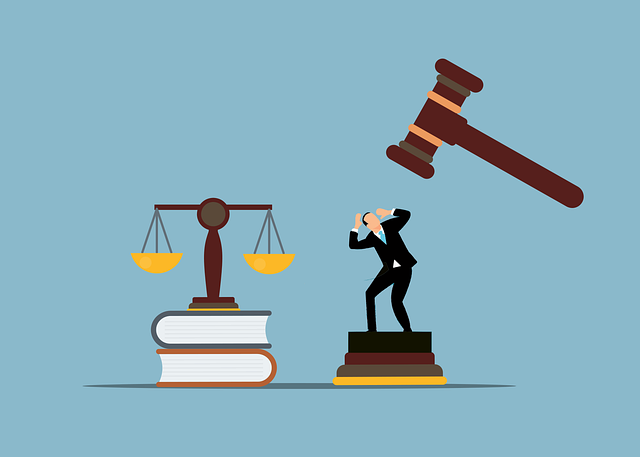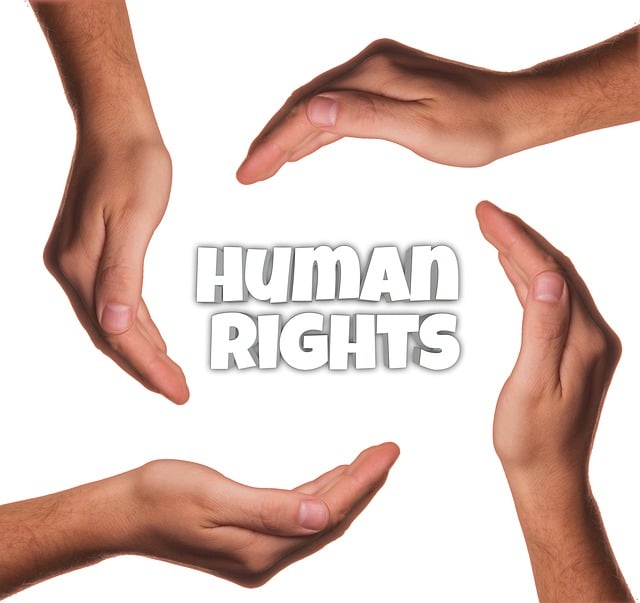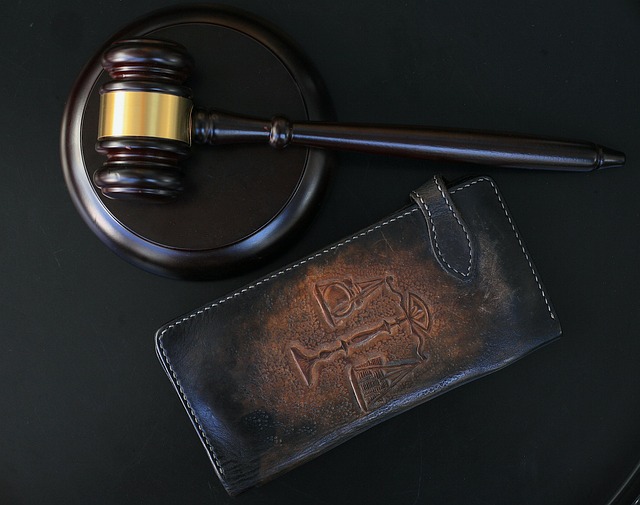Whistleblower Protection Laws are essential for safeguarding individuals exposing illegal activities, offering immunity and fostering transparency. In lawsuits, a robust defense strategy involves meticulous evidence collection to counter false accusations, with legal professionals guiding clients through complex cases. Organizations can mitigate impacts by prioritizing transparency, open communication, and internal investigations, building a strong defense against baseless allegations while maintaining ethical integrity.
Whistleblower Protection Lawsuits: A Comprehensive Guide. Many individuals face significant risks when deciding to expose illegal or unethical activities within their organizations. Understanding whistleblower protection laws is crucial for both the protected and the accused. This guide explores strategies to build a defense against false accusations, highlighting legal rights and navigating the process from allegation to resolution. Key topics include understanding relevant laws, managing reputational damage, and ensuring a fair outcome.
- Understanding Whistleblower Protection Laws
- Strategies to Defend Against False Accusations
- Legal Rights of Individuals Who Speak Up
- Navigating the Process: From Allegation to Resolution
Understanding Whistleblower Protection Laws
Whistleblower Protection Laws are designed to safeguard individuals who expose illegal or unethical activities within their respective businesses or government organizations. Understanding these laws is crucial when building a defense against false accusations, especially as they offer protections for whistleblowers and promote transparency. In many jurisdictions, these laws grant immunity from civil or criminal liability for those who come forward with credible information.
When faced with potential whistleblower protection lawsuits, a general criminal defense strategy should focus on demonstrating the validity of the allegations. This involves gathering evidence to support any claims made by the accuser and ensuring that all actions taken were in line with legal and ethical guidelines. By understanding and navigating these protections, businesses can better prepare for potential disputes and safeguard their reputation.
Strategies to Defend Against False Accusations
When faced with whistleblower protection lawsuits, strategizing a robust defense against false accusations is paramount. One key approach involves meticulous documentation and evidence collection to counteract any allegations. This includes gathering facts, witness statements, and records that contradict the accuser’s claims, ensuring a solid foundation for the defense. Legal professionals can help corporate and individual clients navigate these complex cases, especially in high-stakes scenarios playing out across the country.
Additionally, prioritizing transparency and open communication can mitigate the impact of false accusations. Promptly addressing concerns, conducting internal investigations, and implementing robust compliance programs demonstrate a commitment to ethical conduct. These proactive measures not only build a strong defense but also foster trust, potentially averting legal disputes before they escalate.
Legal Rights of Individuals Who Speak Up
When individuals choose to become whistleblowers, they often face significant risks and challenges. However, various legal rights protect them from potential retaliation and false accusations. These rights are crucial in ensuring that those who expose corporate or government misconduct can speak up without fear of harsh consequences. By understanding their legal protections, whistleblowers can build a defense against baseless claims, which is particularly important when navigating complex lawsuits.
Many countries have enacted whistleblower protection laws with an unprecedented track record of success in encouraging disclosures from individuals with knowledge of unethical practices within philanthropic and political communities. These laws often prohibit employers or government agencies from taking adverse actions against whistleblowers, including termination, demotion, or harassment. Additionally, they provide a framework for addressing false accusations, allowing whistleblowers to clear their names if targeted by malicious litigation.
Navigating the Process: From Allegation to Resolution
Navigating the process of whistleblower protection lawsuits involves a careful balance between upholding ethical standards and safeguarding against false accusations. When an employee or individual (whistleblower) alleges wrongdoing within an organization, it’s crucial to understand their rights and options under relevant laws, such as those designed to protect them from retaliation. Building a defense against false accusations requires a strategic approach that considers both the allegations’ merit and potential procedural errors.
The journey begins with a thorough investigation into the claims, gathering evidence to either support or refute them. This step is vital in any legal dispute but takes on added importance in whistleblower cases due to their unique nature. A robust general criminal defense strategy can help organizations respond effectively, leveraging their unprecedented track record in white collar defense to demonstrate a commitment to ethical conduct and an understanding of the complexities involved.
Whistleblower protection lawsuits are complex legal battles that demand careful navigation. By understanding whistleblower protection laws, employing effective strategies to defend against false accusations, and recognizing one’s legal rights, individuals can courageously come forward without fear of retaliation. Building a robust defense involves meticulous documentation, transparent communication, and adherence to legal procedures. Navigating this process requires perseverance from allegation to resolution, ensuring that truth prevails and those who act in the public interest are shielded from unjustified persecution.






